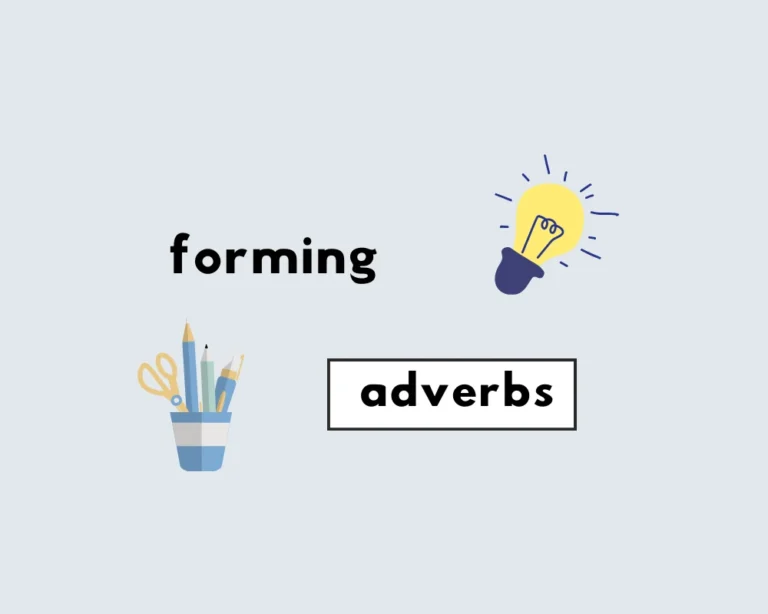
How to Form Adverbs (An Overview)
Formation of adverbs Continue reading for the comprehensive breakdown on how to form adverbs, the main types of adverbs and an FAQ on (you guessed
Grammarflex » grammar
Master the building blocks of language and grammar with our in-depth and comprehensive guides on the main parts of speech, such as nouns, verbs, adjectives, conjunctions, and so on.
Understand how to form sentences, punctuation and differentiate between commonly confused words. In a nutshell, when you understand grammar, you understanding how to write and communicate what you’re thinking into clear and concise language.


Formation of adverbs Continue reading for the comprehensive breakdown on how to form adverbs, the main types of adverbs and an FAQ on (you guessed
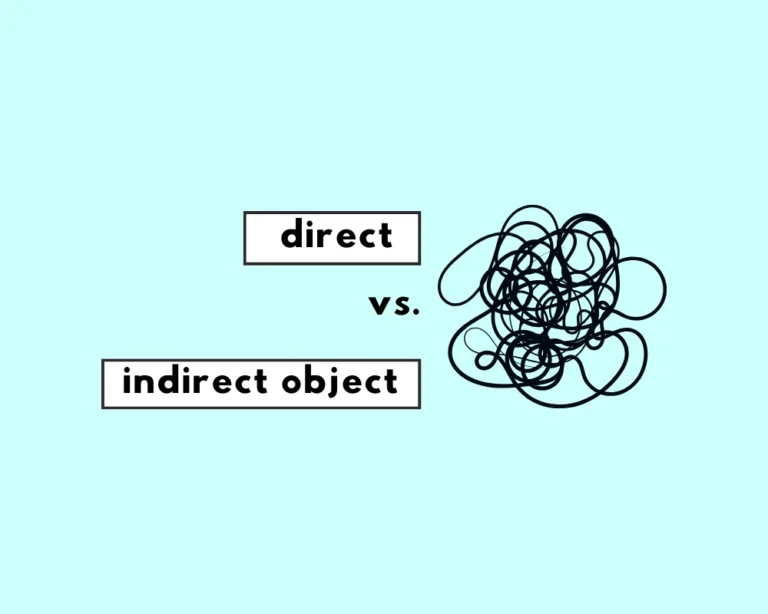
“Let them eat cake“, said Marie Antoinette, when she was told that the people had no bread. In the iconic historical phrase, “cake” is the
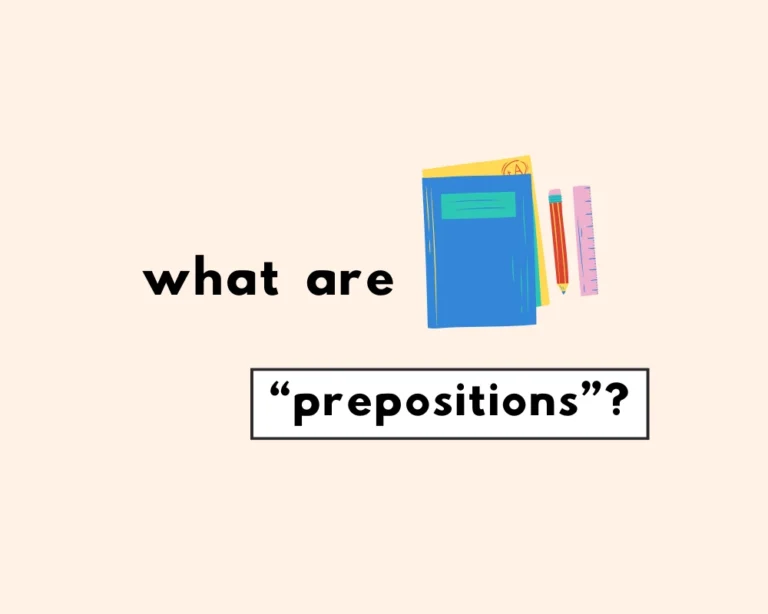
Prepositions (explained, with examples) Prepositions are one of the main parts of speech in English; they’re utility words that show how elements within sentences relate
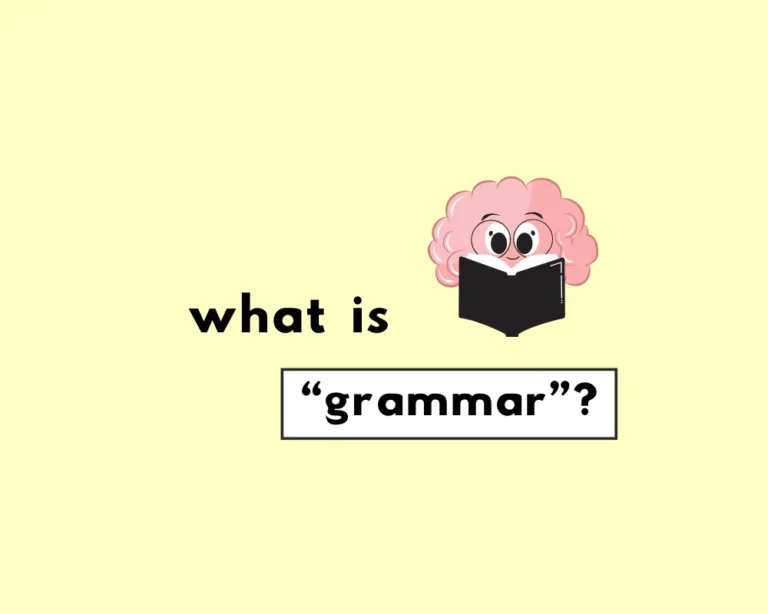
What is grammar? The internet will tell you that grammar is “a particular analysis of the system and structure of language or of a specific
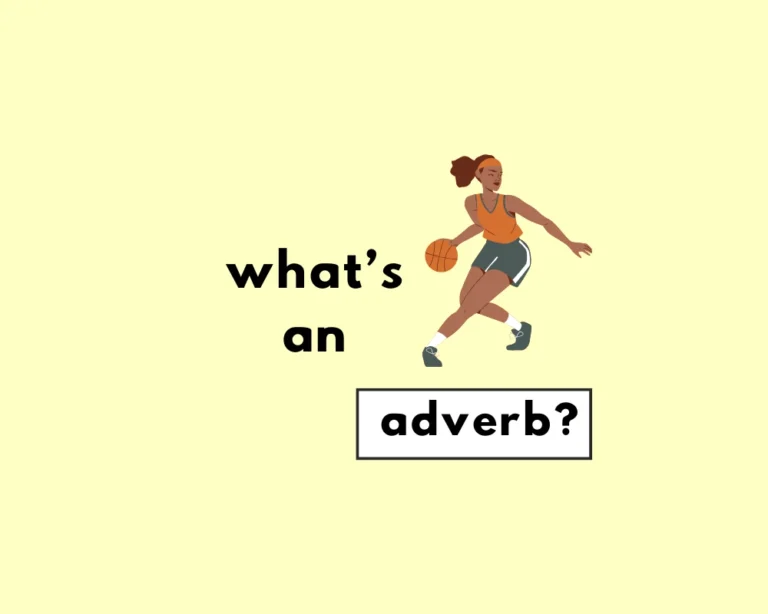
What is an adverb? Adverbs are words that modify or describe verbs (“he sleeps soundly“), adjectives (“she’s fiercely competitive”), other adverbs (“she writes quite meticulously”).
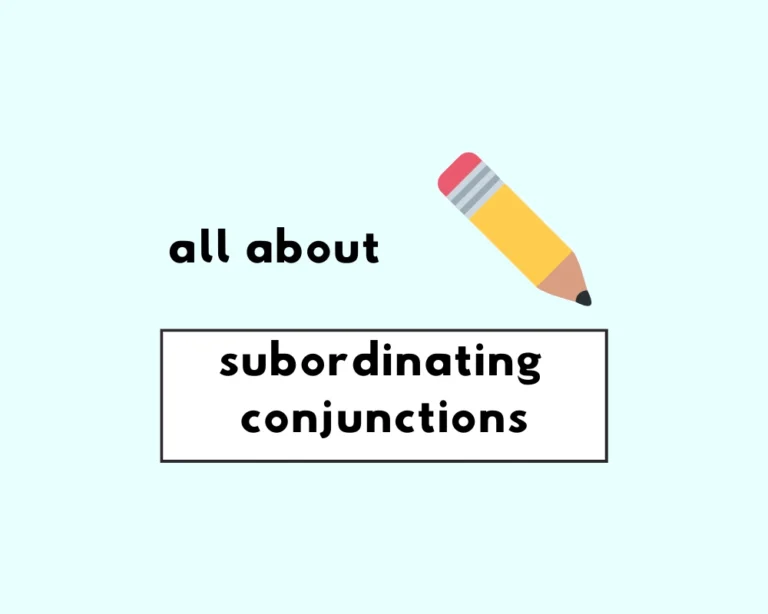
What are conjunctions in grammar? Conjunctions are words that connect other words, phrases, and clauses together in sentences. They are utility words that exist to
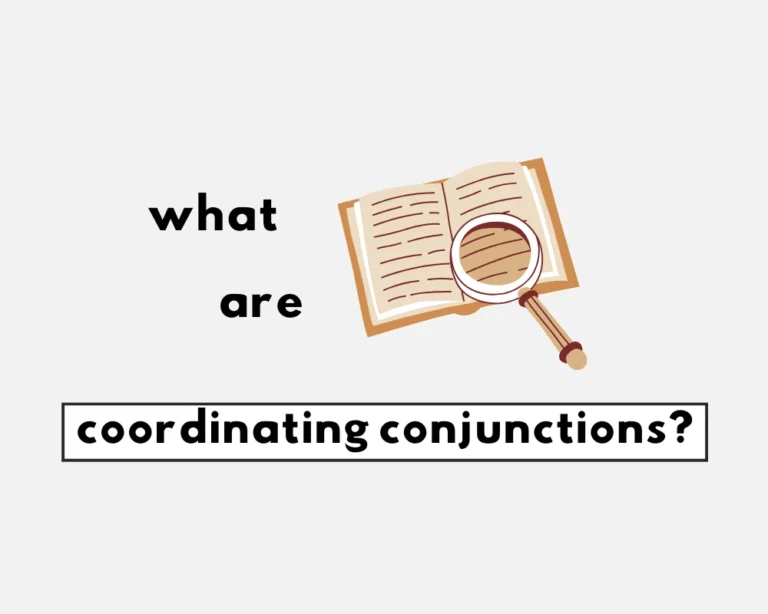
Debatably the unsung heroes of the English language, effortlessly connecting words, phrases, and clauses to create well-structured and coherent sentences, they’re a part of speech
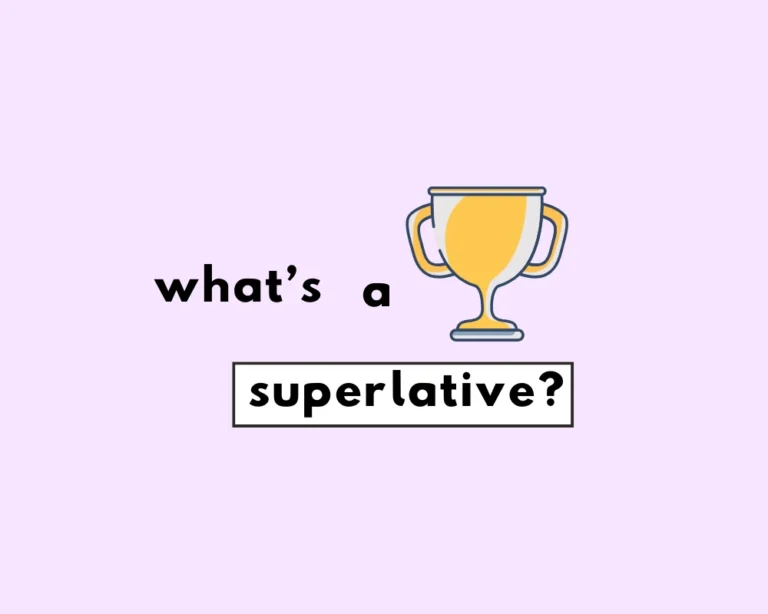
What’s a superlative? Which subject is your weakest? What’s the most difficult part of studying English? What are some of your best childhood memories? Do

Which is correct: I or me Compare the sentences: My friend shared her class notes with me. I shared my class notes with my friend.
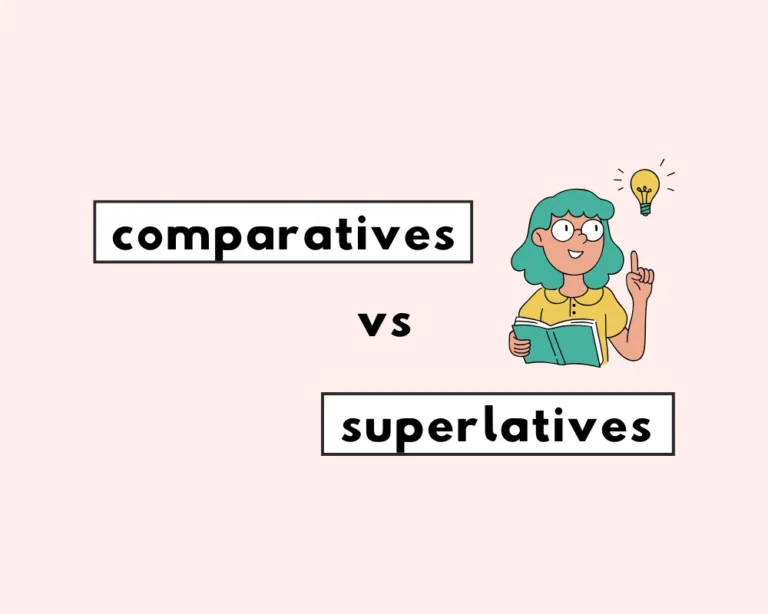
Adjectives tell us how much or to what extent something has a quality or trait. Comparatives compare the amount with something else, whereas superlatives say something has the most or greatest extent of that trait.